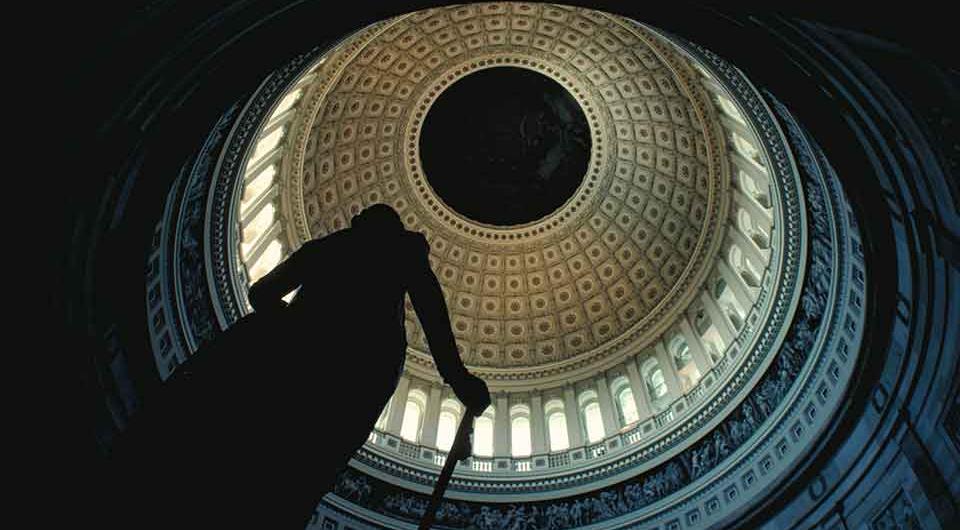On April 29, the U.S. House of Representatives passed, by a 409-2 vote, the Tools to Address Known Exploitation by Immobilizing Technological Deepfakes on Websites and Networks Act or the "TAKE IT DOWN Act" (S. 146). The bill, which passed by unanimous voice vote in the Senate on February 13, now goes to President Donald Trump's desk for signature.
As described in a January 16 press release by the Senate and House bills' sponsors, the TAKE IT DOWN Act “makes it unlawful for a person to knowingly publish [non-consensual intimate imagery (NCII)] on social media and other online platforms. NCII is defined to include realistic, computer-generated pornographic images and videos ["deep forgeries"] that depict identifiable, real people." The bill has separate provisions and corresponding criminal penalties applicable to minors and adults, and it specifies that a victim consenting to the creation of an authentic image does not mean that the victim has consented to its publication.
Additionally, the TAKE IT DOWN Act includes a notice-and-takedown provision that requires social media and other public websites or internet services to establish procedures for the removal of NCII in response to a valid request from a victim, within 48 hours. Under the bill, websites also are required to make reasonable efforts to remove copies of the unauthorized images. Websites that make good faith efforts to remove NCII or disable access to it receive immunity from legal claims relating to such removal or disabled access. However, a website’s failure to comply with the notice-and-takedown requirements constitutes an unfair or deceptive act or practice under the Federal Trade Commission Act. Under the TAKE IT DOW ACT, the FTC has authority to enforce the notice-and-takedown requirements and impose penalties for non-compliance.
The TAKE IT DOWN Act appears to be a commonsense measure, carefully written, and reasonably necessary to address a serious problem that is nationwide in scope. President Donald Trump is expected to sign the bill into law. Credit and congratulations are due to the bill's supporters and its sponsors.
The TAKE IT DOWN Act (S.146) is sponsored by Senators Ted Cruz and Amy Klobuchar. Reps. Maria Elvira Salazar and Madeleine Dean are sponsors of the House companion bill (H.R.633). Senator Cruz, who is Chairman of the Senate Commerce, Science, and Transportation Committee, talked about the TAKE IT DOWN Act during his keynote address at the Free State Foundation's Seventeenth Annual Policy Conference in Washington D.C. on March 25, 2025:


.jpg)









